Tipos de proveedores para sistemas POS explicados para compras inteligentes
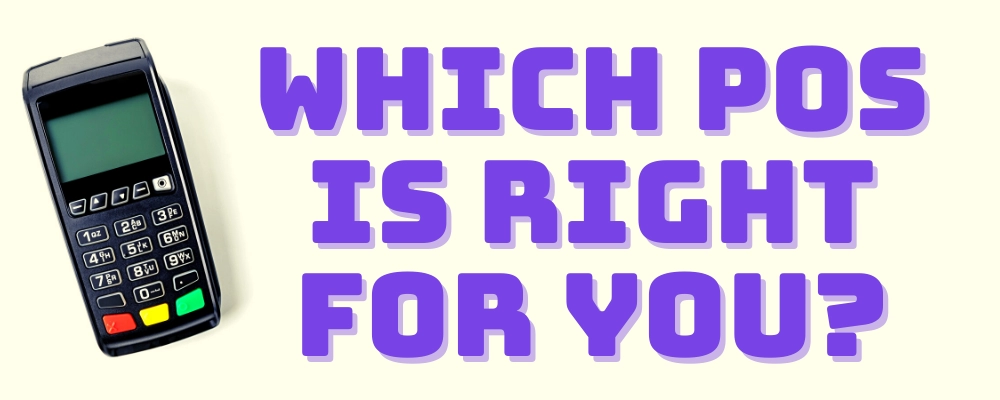
Sistemas POS y Roles de Proveedores
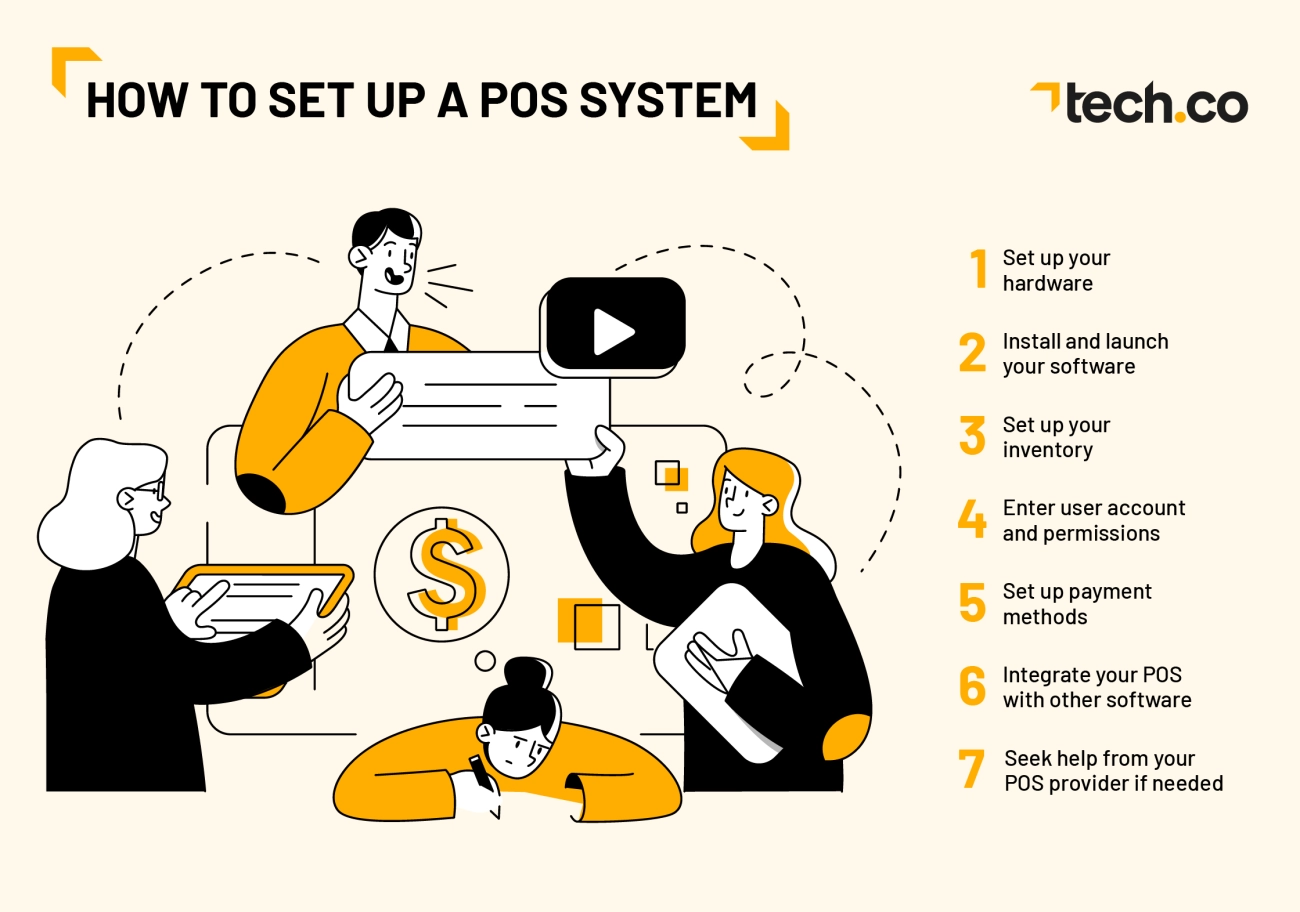
A Sistema de Punto de Venta (POS) son la columna vertebral de los negocios minoristas y de servicios modernos. Combina tanto hardware y componentes de software para gestionar transacciones de ventas, inventario, datos de clientes y más. El hardware común incluye terminales táctiles, impresoras de tickets, escáneres de códigos de barras y cajones de dinero. En el lado del software, los programas POS manejan el procesamiento de transacciones, seguimiento de inventario, gestión de empleados y gestión de relaciones con clientes, a menudo a través de plataformas en la nube.
Elegir el el proveedor adecuado de sistema POS es fundamental porque afecta directamente el precio, las funciones disponibles y la calidad del soporte que recibes. El socio correcto asegura que tu sistema se ajuste a las necesidades de tu negocio, ofreciendo fiabilidad, mantenimiento oportuno y actualizaciones esenciales.
Por qué importa elegir el proveedor adecuado
- Precio y Valor: Diferentes proveedores ofrecen modelos de precios variados, desde compras anticipadas hasta planes de suscripción. Garantizar el mejor precio para tu presupuesto mientras se mantiene la calidad es clave.
- Disponibilidad de Funciones: Los proveedores influyen en la combinación de hardware y software y en las opciones de integración. Elegir uno alineado con las necesidades específicas de tu industria maximiza la utilidad del sistema.
- Soporte continuo: Un soporte técnico efectivo, formación y actualizaciones de software mantienen tu POS funcionando sin problemas y previenen costosos tiempos de inactividad.
Roles de los Proveedores en el Ecosistema POS
Los proveedores en el ecosistema POS encajan en varios roles, cada uno crucial para ofrecer una solución completa:
- Fabricantes crean el hardware físico y, en algunos casos, el software.
- Distribuidores actúan como intermediarios, ofreciendo una gama más amplia de productos a revendedores y grandes compradores.
- Revendedores y Revendedores de Valor Añadido (VARs) Vender productos directamente a los usuarios finales, ofreciendo a menudo personalización, instalación y capacitación.
- Proveedores de Software desarrollar y actualizar software POS, a menudo centrados en soluciones basadas en la nube.
- Integradores de Sistemas y Consultores personalizar e integrar sistemas POS con la tecnología empresarial existente, asegurando una operación sin problemas.
Comprender estos roles le ayuda a tomar decisiones informadas al elegir proveedores de sistemas POS o proveedores de hardware POS. Este conocimiento también le guía para identificar el tipo de proveedor más adecuado para el tamaño y sector de su negocio, garantizando una experiencia de compra fluida con soporte continuo.
Para una exploración más profunda sobre la importancia de los sistemas POS, consulte nuestra guía sobre Por qué los Sistemas POS son Esenciales para el Éxito Minorista.
Tipos de Proveedores para Sistemas POS Fabricantes

Fabricantes son las empresas que producen directamente el hardware y desarrollan el software detrás de los sistemas POS. Construyen todo, desde pantallas táctiles, cajones de dinero y impresoras de recibos hasta el software que gestiona sus ventas, inventario y atención al cliente.
Qué hacen los Fabricantes
- Diseñar y desarrollar hardware POS como terminales y periféricos
- Crear y mantener soluciones de software POS adaptados a diferentes industrias
- Ofrecer soluciones personalizadas para satisfacer necesidades comerciales únicas
- Proporcionar soporte técnico directo y actualizaciones
Ventajas de Comprar a los Fabricantes
- Acceso a la tecnología e innovaciones más recientes primero
- Capacidad de obtener configuraciones personalizadas del sistema que coincidan exactamente con sus flujos de trabajo
- A menudo recibe soporte directo y servicio más rápido ya que está tratando con la fuente
- Mejor control sobre las actualizaciones de su software y hardware
Desafíos al trabajar con fabricantes
- Normalmente requieren una inversión inicial mayor en comparación con comprar a través de revendedores o distribuidores
- Puede tener requisitos mínimos de pedido, lo que puede ser un obstáculo para operaciones pequeñas o en solitario
- A veces tiempos de entrega más largos debido a configuraciones personalizadas o ciclos de desarrollo de productos
Tipos de proveedores para sistemas POS Rol y beneficios de los distribuidores
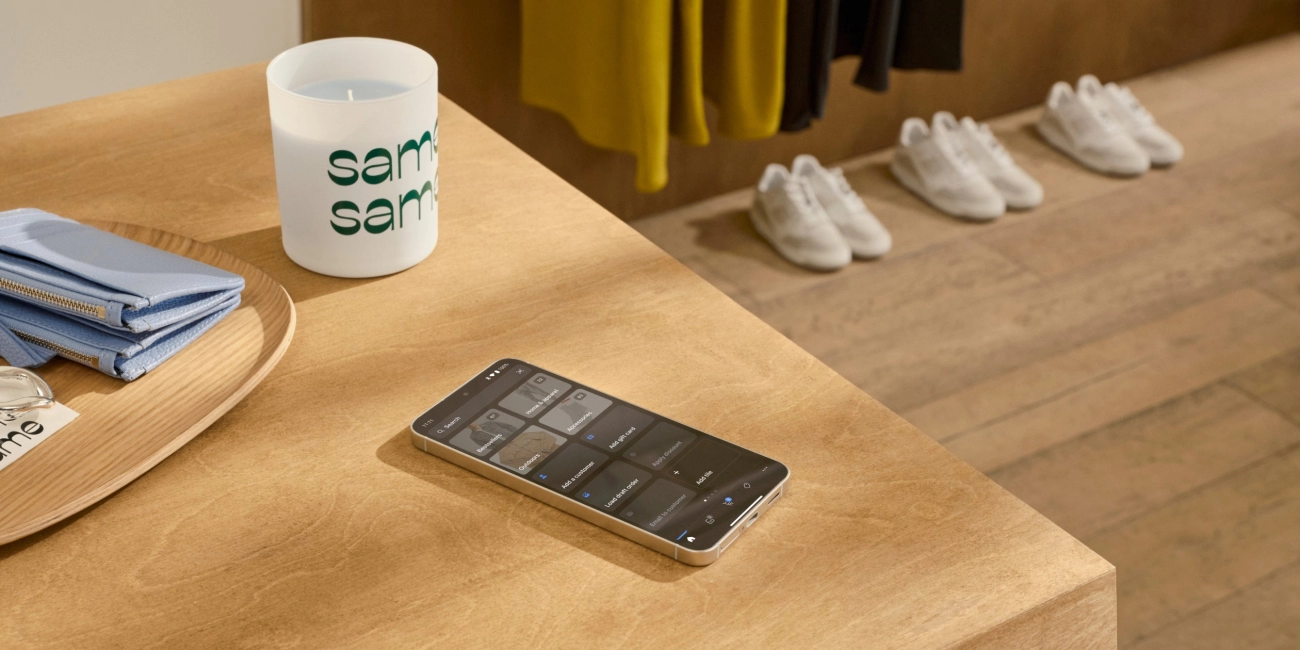
Los distribuidores actúan como intermediarios entre fabricantes y revendedores en la cadena de suministro del sistema POS. No producen hardware o software ellos mismos, sino que compran al por mayor a los fabricantes y luego venden a revendedores o compradores a gran escala. Esta configuración ayuda a agilizar el flujo de productos POS desde su creación hasta los usuarios finales.
Por qué los Distribuidores Importan en el Ecosistema POS
Mayor Selección de Productos
Los distribuidores suelen ofrecer una amplia gama de opciones de hardware y software POS de múltiples fabricantes. Esta variedad permite a los revendedores y empresas elegir productos que mejor se adapten a sus necesidades sin tratar con muchos proveedores.
Mejor Precio en Pedidos al Por Mayor
Debido a que los distribuidores compran en grandes cantidades, pueden negociar precios más bajos. Esto significa que los revendedores y compradores mayores suelen obtener mejores ofertas que si hicieran pedidos directamente a los fabricantes.
Proceso de Compra Simplificado
En lugar de gestionar relaciones con múltiples fabricantes, los revendedores compran a un distribuidor, reduciendo la complejidad y el trabajo administrativo.
Clientes Típicos de los Distribuidores
- Empresas Revendedoras de POS que añaden valor mediante instalación, soporte o personalización
- Grandes Minoristas o Cadenas que buscan comprar hardware y software POS al por mayor
- Empresas en Expansión o que Mejoran Sistemas que necesitan una variedad de opciones y descuentos por volumen
| Ventajas del Distribuidor | Consideraciones |
|---|---|
| Acceso a muchas marcas de sistemas POS | Menos personalización que directamente del fabricante |
| Precios al por mayor mejoran los márgenes | Posible soporte menos directo del fabricante |
| Proceso de pedido simplificado | Pueden aplicarse cantidades mínimas de pedido |
Los distribuidores son una parte clave del ecosistema de proveedores de POS, ofreciendo flexibilidad, variedad y precios competitivos especialmente atractivo para revendedores y compradores de negocios más grandes.
Tipos de proveedores para revendedores y VARs de sistemas POS
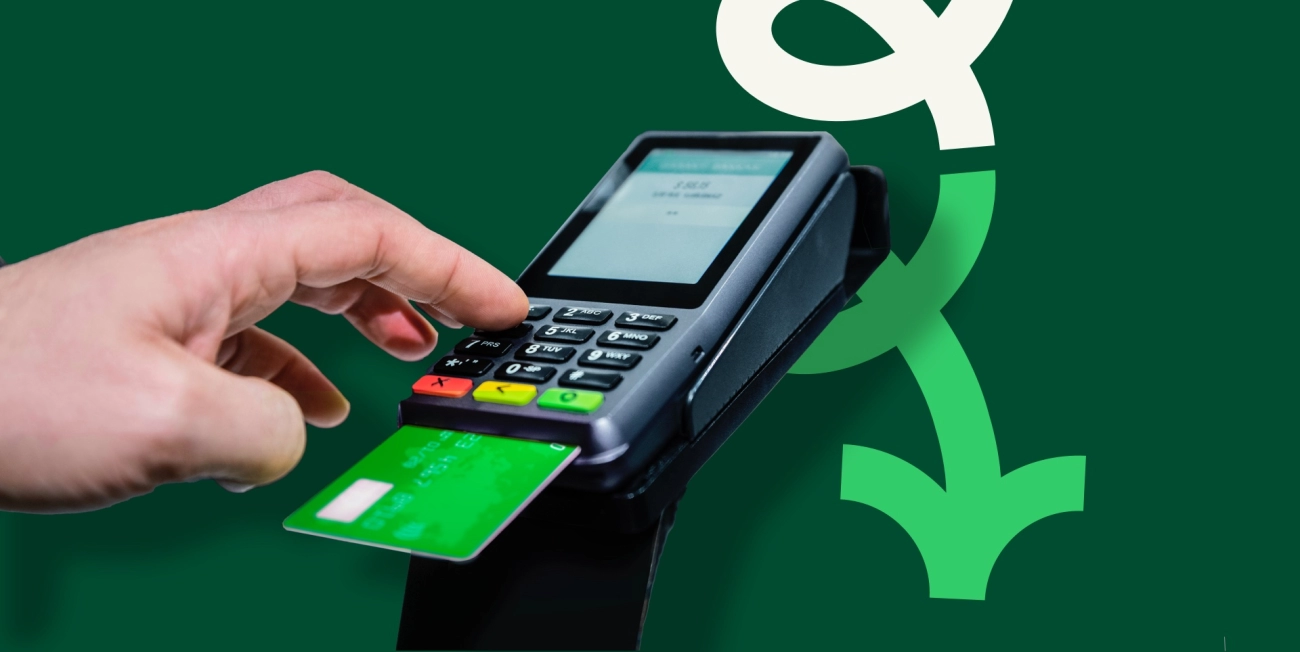
Revendedores y Revendedores de Valor Añadido (VARs) son empresas que compran hardware y software POS a fabricantes o distribuidores y luego venden estos productos directamente a los clientes finales. A diferencia de los fabricantes que producen el equipo o software, los revendedores se centran en entregar soluciones listas para usar adaptadas a las necesidades específicas de su negocio.
Qué hace que los VARs sean diferentes
Los VARs no solo revenden sistemas POS; ellos añaden valor ofreciendo servicios como:
- Personalización de software y hardware para adaptarse a sus flujos de trabajo,
- Instalación y configuración del equipo POS,
- Soporte postventa incluyendo mantenimiento y resolución de problemas,
- Capacitación de usuarios para que su personal pueda comenzar a trabajar rápidamente.
Este enfoque práctico es especialmente útil si desea un sistema POS que se integre perfectamente con sus operaciones existentes o que requiera cierto nivel de personalización.
Ventajas de trabajar con revendedores y VARs
- Servicio y soporte personalizados: Actúan como un único punto de contacto tanto para el producto como para los servicios.
- Soluciones a medida que a menudo combinan hardware, software y servicios para adaptarse a tu modelo de negocio.
- Acceso rápido a formación e instalación lo que reduce el tiempo de inactividad.
- Opciones de compra flexibles que, en ocasiones, son más asequibles para pequeñas empresas en comparación con tratar directamente con los fabricantes.
Contras en comparación con los fabricantes
- Costes potencialmente más altos: Dado que añaden servicios y actúan como intermediarios, los precios podrían estar inflados.
- Personalización limitada a nivel de producción: Trabajan con productos existentes en lugar de diseñar hardware o software desde cero.
- Dependiendo de las alianzas del distribuidor, la disponibilidad de tecnología de vanguardia puede variar.
Los revendedores y VARs suelen ser la mejor opción para empresas que buscan una solución POS fácil y todo en uno con soporte continuo, especialmente si no estás preparado para gestionar la configuración o integraciones complejas tú mismo.
Para más información sobre cómo elegir un proveedor de sistemas POS, consulta nuestra guía sobre comparar proveedores de hardware POS.
Tipos de proveedores de software para sistemas POS y su papel
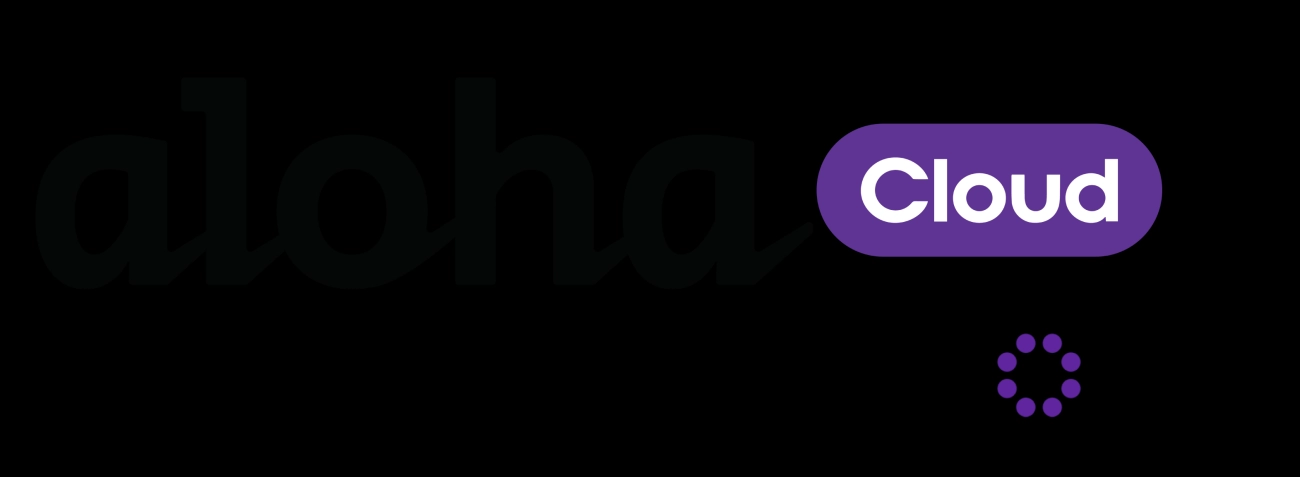
Cuando se trata de Proveedores de sistemas POS, proveedores de software juegan un papel crucial, especialmente en el entorno impulsado por la nube de hoy. Estas empresas se especializan en desarrollar software TPV, que a menudo está basado en la nube, ofreciendo flexibilidad y acceso remoto a los datos de ventas y herramientas de gestión.
Qué hacen los proveedores de software
- Desarrollar software POS: Crean el software que impulsa las ventas, inventario, informes y gestión de clientes, todo vital para una caja rápida y operaciones comerciales eficientes.
- Ofrecer soluciones basadas en la nube: Muchos proporcionan sistemas POS en la nube que se actualizan en tiempo real y te permiten gestionar tu negocio desde cualquier lugar usando dispositivos móviles o computadoras.
- Proporcionar actualizaciones y soporte regulares: Las actualizaciones continuas aseguran que tu sistema permanezca seguro, añadan nuevas funciones y siga siendo compatible con hardware y opciones de pago en evolución.
Proveedores de software que se asocian con proveedores de hardware
En muchos casos, los proveedores de software se asocian con proveedores de hardware POS o incluso actúan como revendedores ellos mismos. Este enfoque permite a los clientes obtener una solución combinada, lo que simplifica la instalación, garantiza la compatibilidad y proporciona un punto único de contacto para soporte.
- Hardware y software combinados: Comprar a un proveedor de software con asociaciones de hardware puede significar una mejor integración entre dispositivos como cajas registradoras, escáneres de código de barras y terminales de pago.
- Soporte y mantenimiento más fáciles: Dado que tanto el software como el hardware provienen de proveedores relacionados, la resolución de problemas suele ser más sencilla, ahorrando tiempo de inactividad para tu negocio.
Por qué la compatibilidad y las actualizaciones del software son importantes
La compatibilidad entre tu software POS y el hardware es esencial. Usar sistemas incompatibles puede causar fallos como procesamiento lento, ventas perdidas o riesgos de seguridad.
- Asegura que tu software funcione con tu hardware: Antes de comprar, confirma que el software soporta tus dispositivos de hardware existentes o planificados.
- Mantente actualizado para seguridad y funciones: Las actualizaciones regulares del software corrigen errores, mejoran el rendimiento y añaden funciones, manteniendo tu sistema POS funcionando de manera óptima y segura.
Elegir el proveedor de software adecuado significa que no solo obtienes una plataforma POS confiable, sino también mejoras continuas adaptadas a las necesidades de tu negocio. Para más información sobre hardware POS confiable que complementa a los principales proveedores de software, consulta nuestra guía sobre proveedores de hardware POS.
Tipos de proveedores para sistemas POS: Integradores de sistemas y consultores
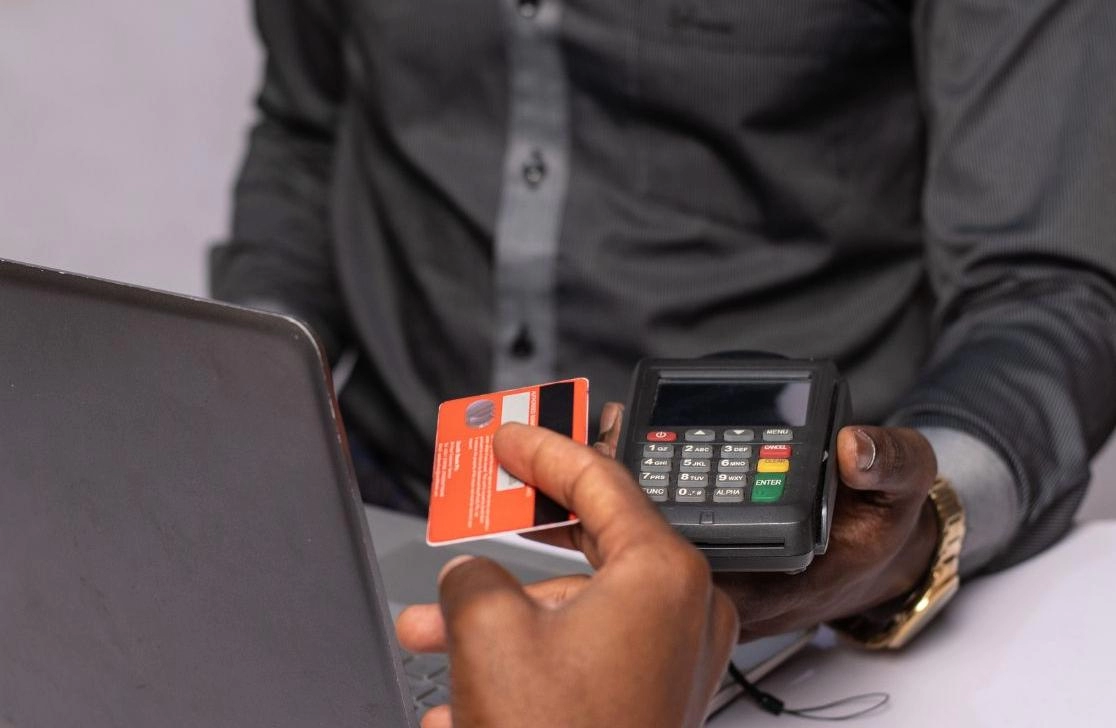
Integradores de sistemas y consultores juegan un papel crucial en adaptar soluciones POS para satisfacer necesidades empresariales complejas. A diferencia de los proveedores típicos de hardware POS o software, estos especialistas se enfocan en personalizar y conectar tu sistema POS con otras herramientas empresariales como gestión de inventario, CRM, software de contabilidad y plataformas de comercio electrónico.
Qué hacen los integradores de sistemas y consultores
- Personalización: Adaptar el software y hardware POS para que funcionen sin problemas con tus sistemas existentes.
- Integración: Asegurar que los datos fluyen de manera fluida entre el punto de venta y otros softwares empresariales.
- Optimización: Ayudar a agilizar las operaciones alineando las funciones del POS con los flujos de trabajo empresariales únicos.
- Capacitación y Soporte: Proporcionar orientación práctica y ayuda continua adaptada a tu configuración.
- Consulta: Asesorar sobre la mejor combinación de hardware, software y complementos POS para los objetivos de tu negocio.
Cuándo contratar integradores de sistemas y consultores
Deberías considerar contratar a estos expertos si tu negocio:
- Utiliza múltiples sistemas de software necesitan conexión con el POS.
- Requiere funciones personalizadas o flujos de trabajo que los sistemas estándar no soportan completamente.
- Opera a gran escala con procesos complejos de inventario o ventas.
- Necesita ayuda con seguridad de datos y cumplimiento a través de sistemas integrados.
- Quiere una implementación o actualización sin problemas y sin interrupciones comerciales mínimas.
Por qué es importante elegir a los expertos
Involucrar a integradores de sistemas o consultores a menudo resulta en:
- Mejor retorno de inversión obteniendo un sistema POS que realmente se adapte a sus operaciones.
- Menos errores y trabajo manual a través de integraciones automatizadas.
- Adopción más rápida y menos interrupciones gracias a una instalación y capacitación con experiencia.
- Preparación para el futuro su configuración para escalar o actualizar fácilmente a medida que su negocio crece.
Para negocios en España que buscan funciones básicas de POS, estos especialistas son clave para desbloquear el potencial completo de la tecnología de punto de venta adaptada a sus necesidades exactas.
Cómo elegir el proveedor de sistema POS adecuado para las necesidades de su negocio
Seleccionar el proveedor de sistema POS es crucial para operaciones fluidas y éxito a largo plazo. Aquí le mostramos cómo tomar una decisión informada enfocándose en lo que más importa para su negocio.
Evalúe el tamaño y sector de su negocio
- Tamaño del negocio: Las pequeñas tiendas minoristas pueden necesitar soluciones más sencillas y rentables, mientras que las empresas más grandes suelen requerir sistemas escalables con funciones avanzadas.
- Especificidades del sector: Los restaurantes, tiendas minoristas y proveedores de servicios tienen diferentes requisitos de TPV; elija un proveedor familiarizado con su sector.
- Verifica si el proveedor ofrece personalizaciones o módulos específicos del sector adaptadas a tus necesidades.
Considere la reputación del proveedor y los servicios de soporte
- Busque proveedores con un historial sólido y opiniones positivas de otros clientes en España.
- Confiable soporte técnico y atención al cliente son esenciales, especialmente disponibilidad local o en días laborables.
- Pregunte si ofrecen servicios de instalación, formación y soporte continuo para facilitar su transición y minimizar el tiempo de inactividad.
Compare modelos de precios – Costes iniciales vs Suscripciones
| Modelo de precios | Ventajas | Desventajas |
|---|---|---|
| Compra única | Costo único, propiedad del hardware/software | Alta inversión inicial, menos flexibilidad |
| Suscripción (SaaS/nube) | Costo inicial más bajo, actualizaciones regulares incluidas | Cargos continuos, posible gasto a largo plazo |
- Analice qué modelo se ajusta mejor a su flujo de caja y planes de crecimiento.
- Ten claro qué incluye: actualizaciones de software, soporte, garantía del hardware.
Prioriza la escalabilidad y las actualizaciones tecnológicas
- Elige proveedores que ofrezcan soluciones POS escalables capaz de crecer con tu negocio, ya sea añadiendo terminales, nuevas ubicaciones o funciones.
- Actualizaciones actualizaciones de software y parches de seguridad son vitales para mantener tu sistema funcionando de manera segura y fluida.
- Los proveedores de POS en la nube suelen ofrecer actualizaciones más fáciles y acceso remoto.
Solicita demos, pruebas y referencias de clientes
- Solicite una demostración en vivo o período de prueba para probar el sistema POS en tu entorno real.
- Verifica compatibilidad con tu hardware existente o procesadores de pago.
- Solicitar referencias o estudios de caso de negocios locales similares al tuyo para evaluar el rendimiento y la calidad del soporte en el mundo real.
Al considerar cuidadosamente estos factores, estarás mejor preparado para elegir un proveedor de POS que se adapte a las demandas de tu negocio, presupuesto y crecimiento futuro.
Por qué elegir SDLPOS como tu proveedor de sistemas POS
Cuando se trata de encontrar un proveedor confiable proveedor de sistema POS, SDLPOS destaca por sus años de experiencia sirviendo a negocios en toda España. Nos especializamos en ofrecer soluciones de software de punto de venta robustas hardware POS y flexible soluciones de software de Punto de Venta, adaptadas para satisfacer diversas necesidades comerciales, desde tiendas minoristas hasta restaurantes y proveedores de servicios.
Amplia variedad de productos y opciones de personalización
Con SDLPOS, tienes acceso a una amplia gama de productos, incluyendo:
- Cajas registradoras y terminales modernas
- Sistemas POS con pantalla táctil
- Software de POS en la nube compatible con múltiples dispositivos
- Hardware periférico como escáneres, impresoras de tickets y cajones de efectivo
No solo ofrecemos productos estándar. Nuestro equipo trabaja estrechamente contigo para personalizar soluciones que se adapten a tu flujo de trabajo y tamaño de negocio, asegurando el mejor retorno de inversión y operación sin problemas.
Soporte y Capacitación Especializados
Elegir SDLPOS significa más que simplemente comprar equipo. Ofrecemos soporte integral que incluye:
- Servicios profesionales de instalación de sistemas POS
- Capacitación del personal adaptada al nivel de habilidades de tu equipo
- Soporte técnico continuo y actualizaciones de software
- Resolución de problemas y mantenimiento según sea necesario
Este soporte dedicado ayuda a minimizar el tiempo de inactividad y garantiza que aproveches al máximo tu inversión.
Confiado por clientes en toda España
Nuestra reputación se basa en la satisfacción sólida de los clientes. Empresas en todo el país han elegido SDLPOS para optimizar sus ventas, inventario y gestión de clientes. Aquí te contamos por qué siguen con nosotros:
- Servicio al cliente receptivo
- Sistemas confiables y fáciles de usar
- Soluciones con gran valor y precios competitivos
Listo para tu negocio
Si buscas una solución versátil y confiable proveedor de sistema POS que entienda el mercado de España y ofrezca soluciones personalizadas, contáctanos hoy. Nuestro equipo está listo para ayudarte a explorar opciones, responder preguntas y ofrecer demostraciones.
Contacta con SDLPOS para soluciones POS personalizadas que impulsen tu negocio hacia adelante.
Preguntas frecuentes sobre proveedores de POS FAQ
¿Cuál es la diferencia entre un revendedor y un distribuidor?
Distribuidores Actúan como intermediarios entre fabricantes y revendedores. Compran sistemas POS, hardware y software al por mayor y los suministran a revendedores o grandes compradores. Los distribuidores suelen ofrecer una gama más amplia de productos y mejores precios por volumen, pero no venden directamente a los clientes finales.
Revendedores, también conocidos como Revendedores de Valor Añadido (VARs), compran a distribuidores o a veces a fabricantes, y luego venden directamente a negocios como el suyo. Añaden valor personalizando, instalando y brindando soporte al sistema POS después de la venta. Los revendedores se enfocan más en el servicio al cliente y en adaptar soluciones a necesidades específicas.
¿Puedo comprar software y hardware POS por separado?
Sí, muchas empresas compran hardware y software POS por separado, especialmente si desean combinar marcas o actualizar solo una parte. Por ejemplo, puede adquirir una caja registradora independiente o tablets de fabricantes de hardware, y luego suscribirse a un proveedor de software POS, a menudo basado en la nube.
Solo asegúrese de que el hardware y el software sean compatibles. Algunos softwares POS requieren hardware específico o vienen en paquetes para un uso sin problemas. Pregunte a su proveedor si sus productos funcionan bien juntos y si ofrecen soporte de integración.
¿Qué tan importante es el soporte local de un proveedor de POS?
El soporte local puede marcar la diferencia, especialmente para negocios pequeños y medianos que dependen de ayuda rápida y confiable. Si su sistema POS falla, los proveedores o revendedores locales pueden ofrecer:
- Reparaciones o reemplazos rápidos en el sitio
- Capacitación personalizada y resolución de problemas
- Comunicación más rápida y mejor comprensión de las necesidades del mercado local
Mientras que algunos proveedores de POS basados en la nube ofrecen soporte remoto, tener un contacto local suele significar menos tiempo de inactividad y operaciones más fluidas.
¿Qué debo verificar antes de finalizar un proveedor de POS?
Al elegir un proveedor de POS, busque estos aspectos clave:
- Reputación y experiencia: Revise opiniones, testimonios y estudios de caso de negocios en su sector en España.
- Variedad de productos y personalización: Asegúrese de que ofrezcan opciones que se ajusten al tamaño y sector únicos de su negocio.
- Transparencia en precios: Comprender los costos iniciales frente a las tarifas de suscripción y qué incluye el soporte.
- Servicios de soporte: ¿Hay ayuda disponible las 24 horas del día, los 7 días de la semana? ¿Ofrecen instalación, capacitación y actualizaciones continuas?
- Escalabilidad: Asegúrese de que el sistema pueda crecer con su negocio sin reemplazos costosos.
- Compatibilidad: Confirme que el hardware y el software funcionen bien juntos, o si el proveedor se encargará de la integración.
Solicitar demostraciones, pruebas gratuitas y referencias de clientes puede darle confianza antes de comprometerse con un proveedor.
